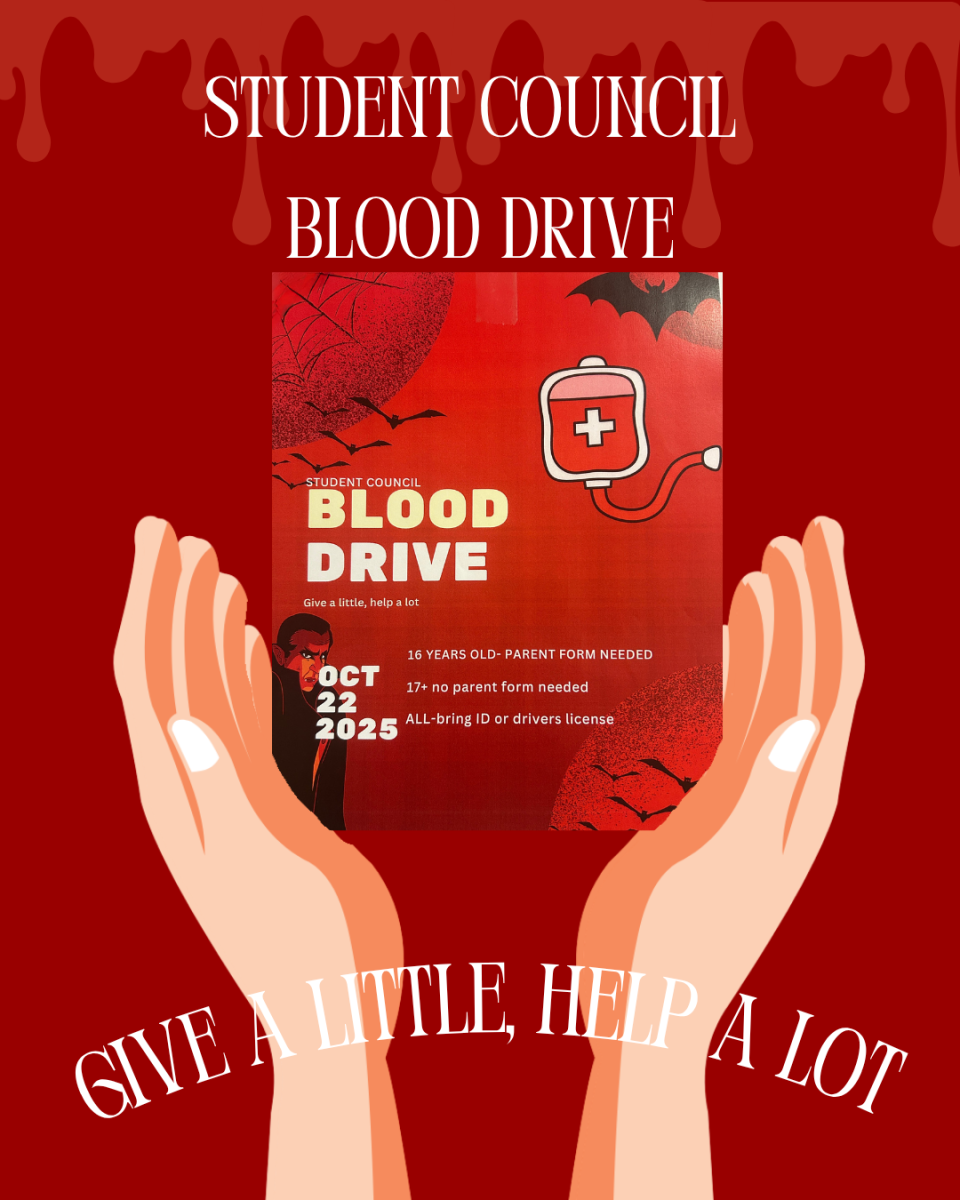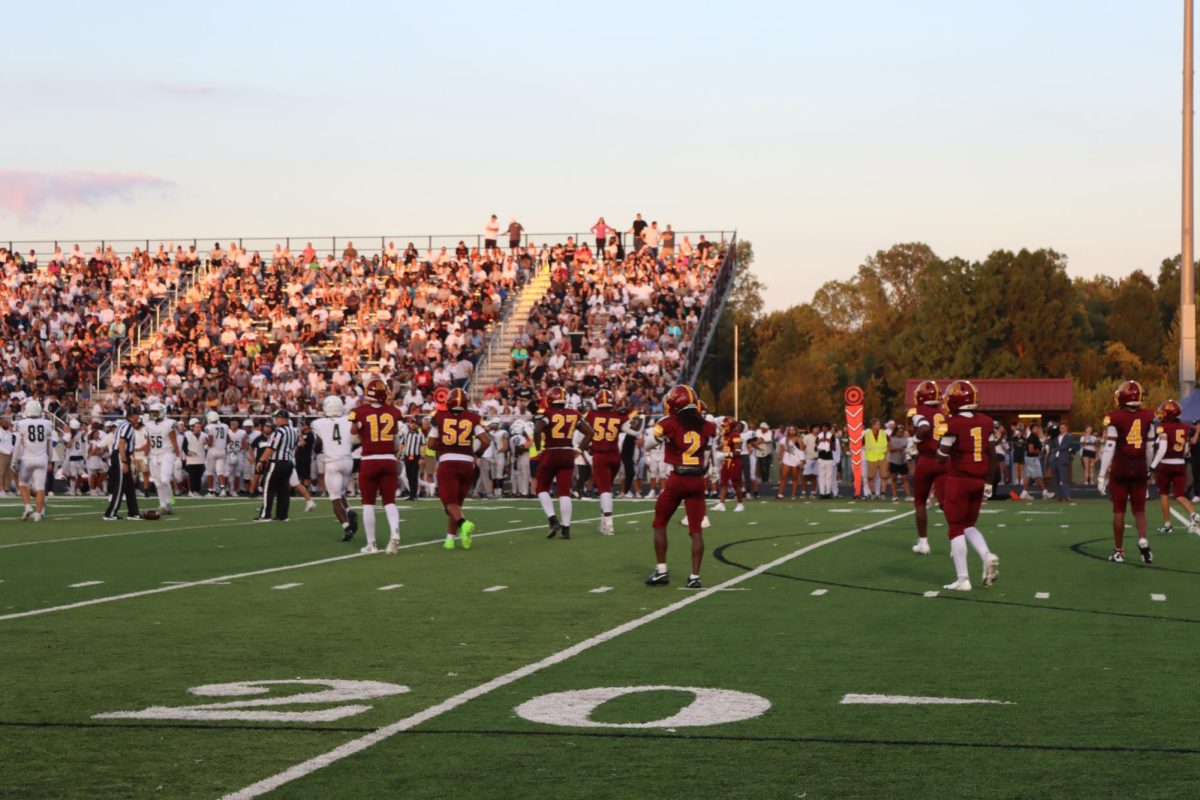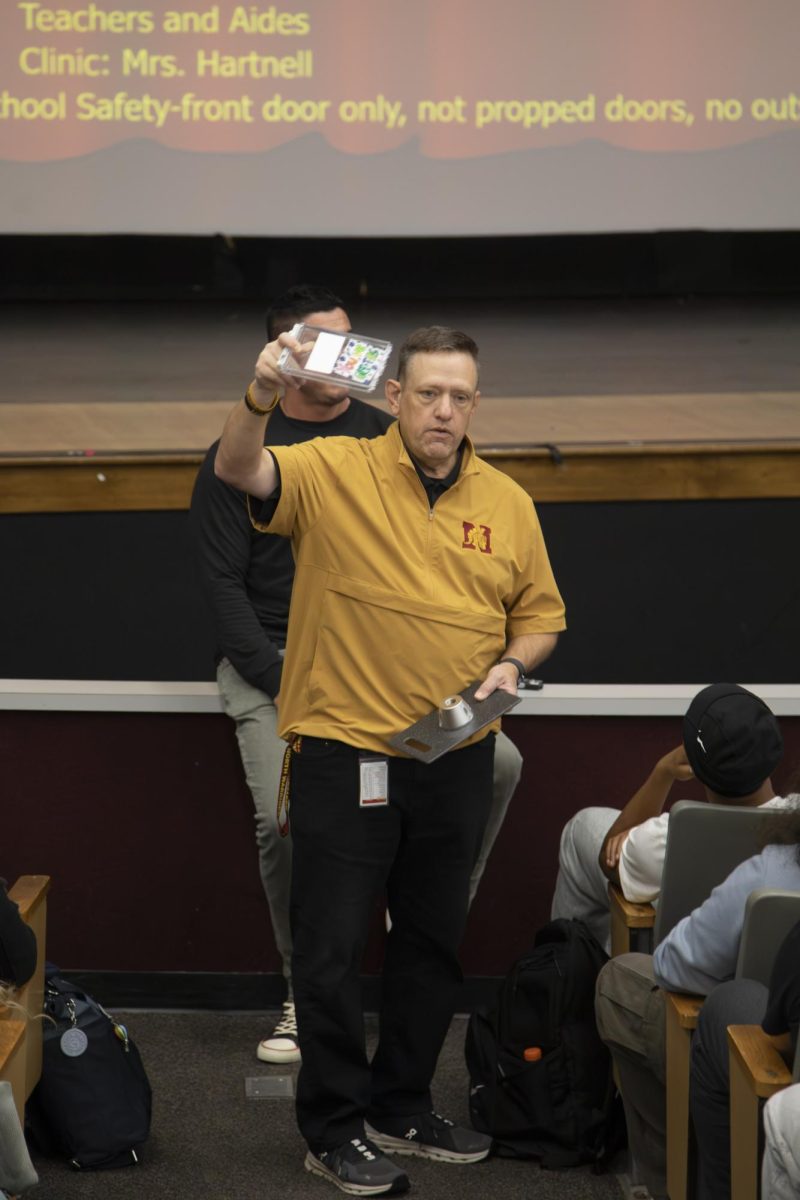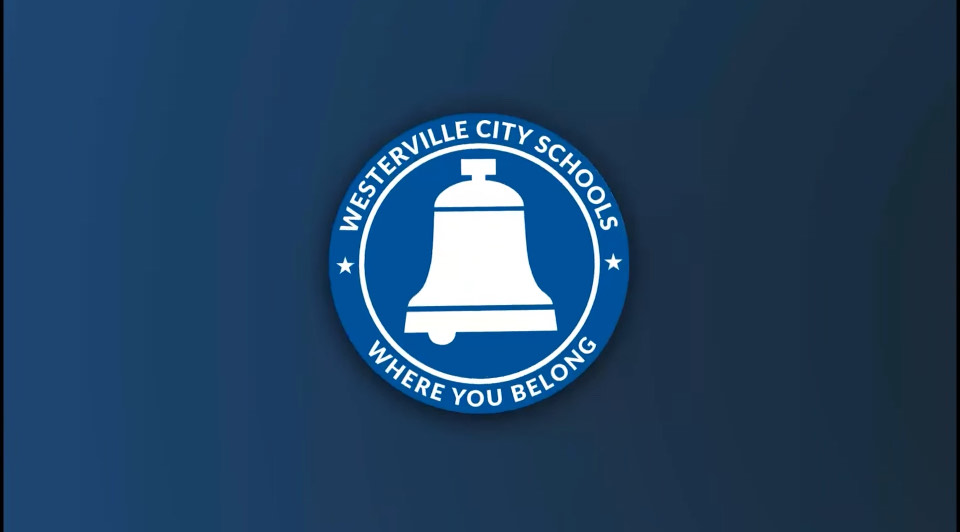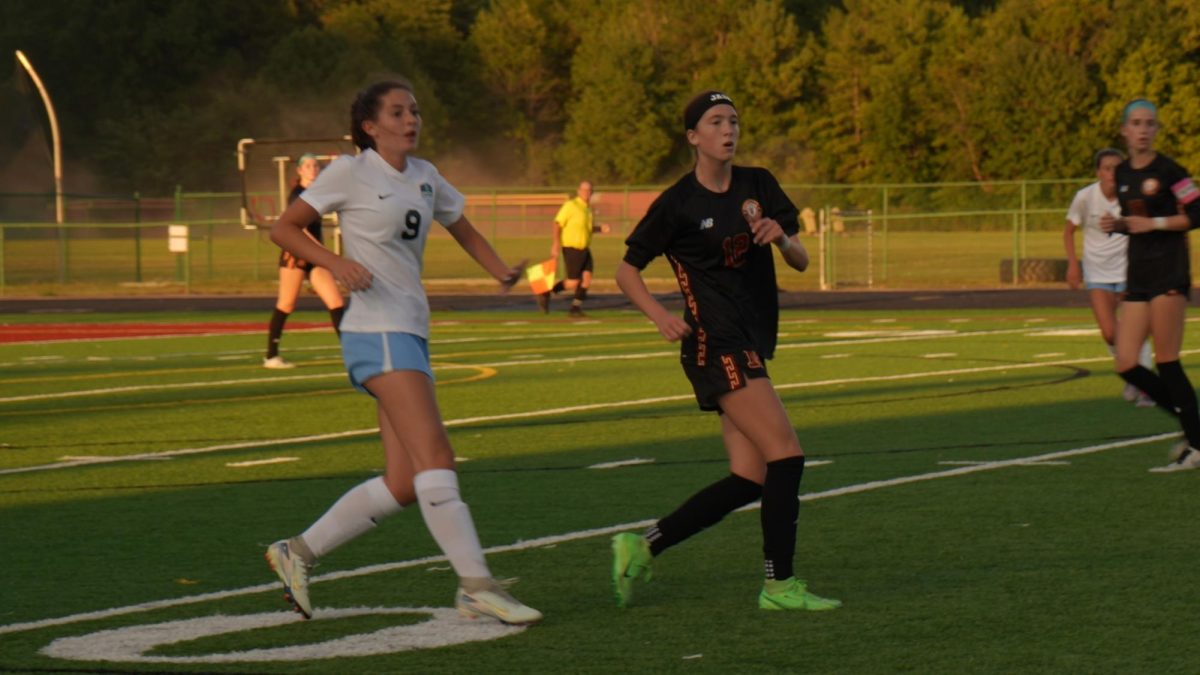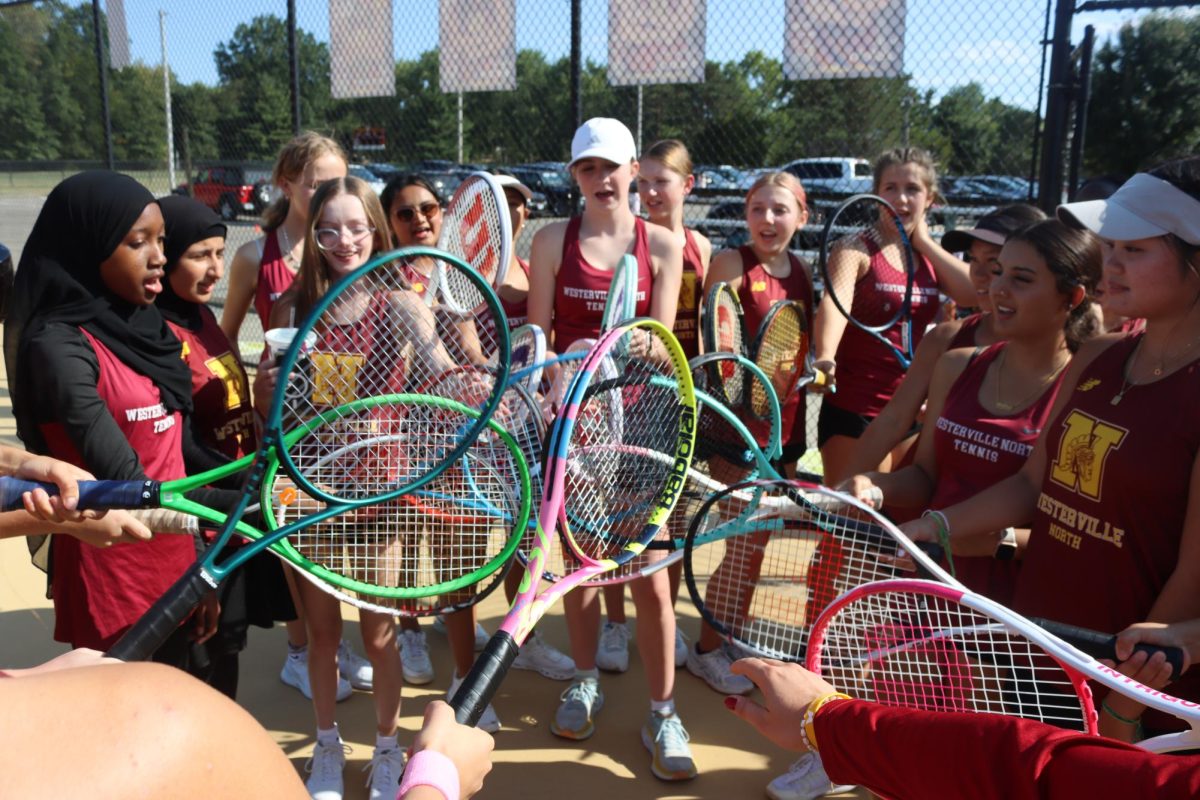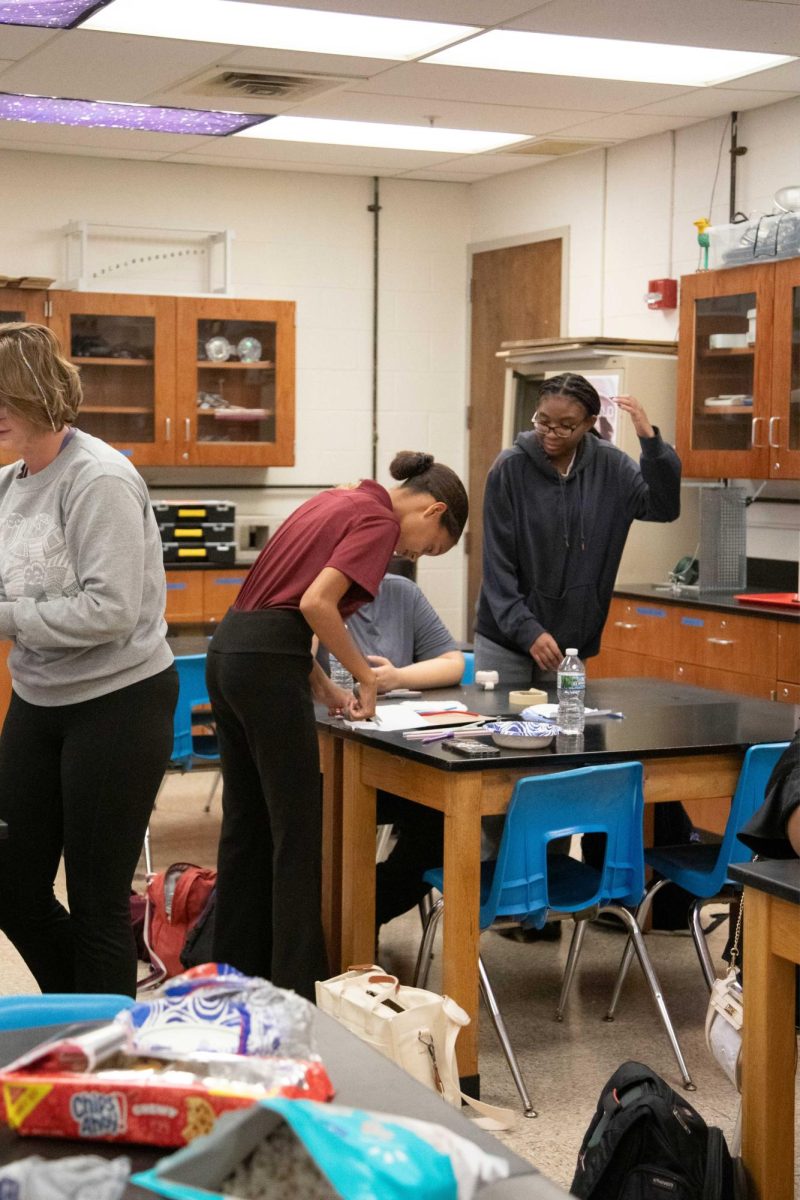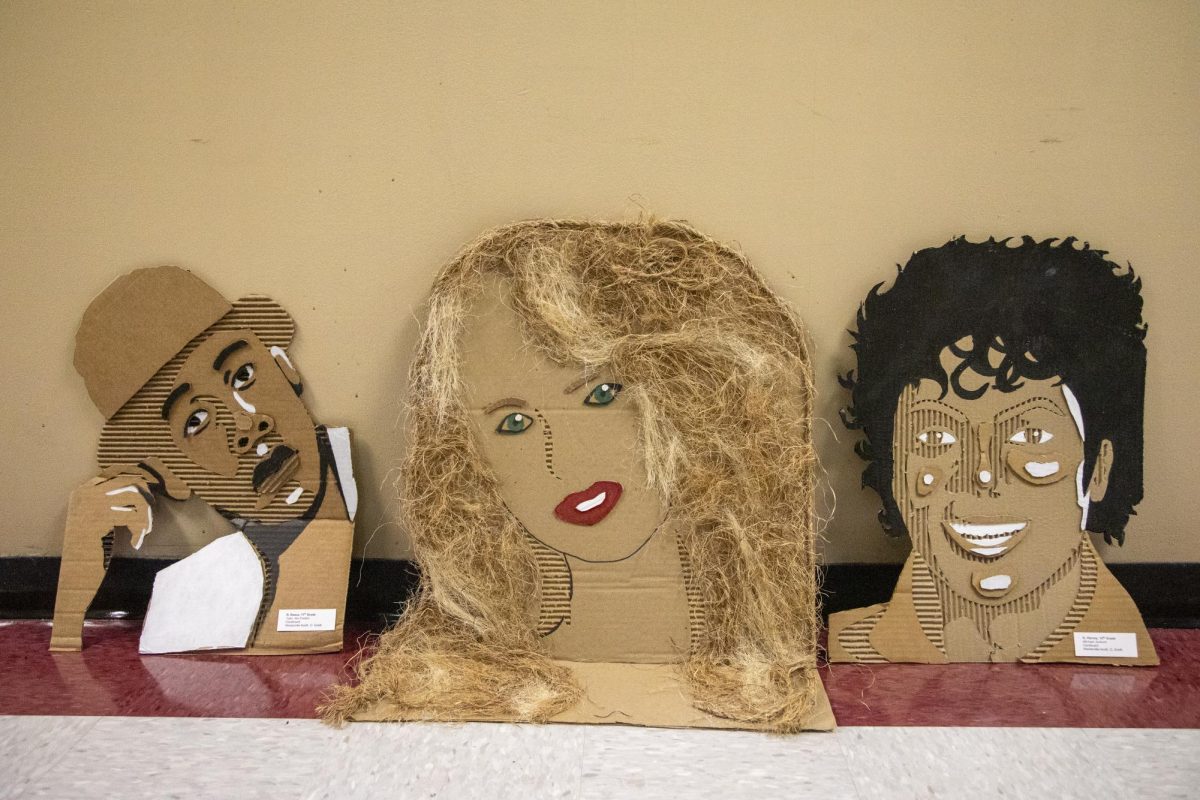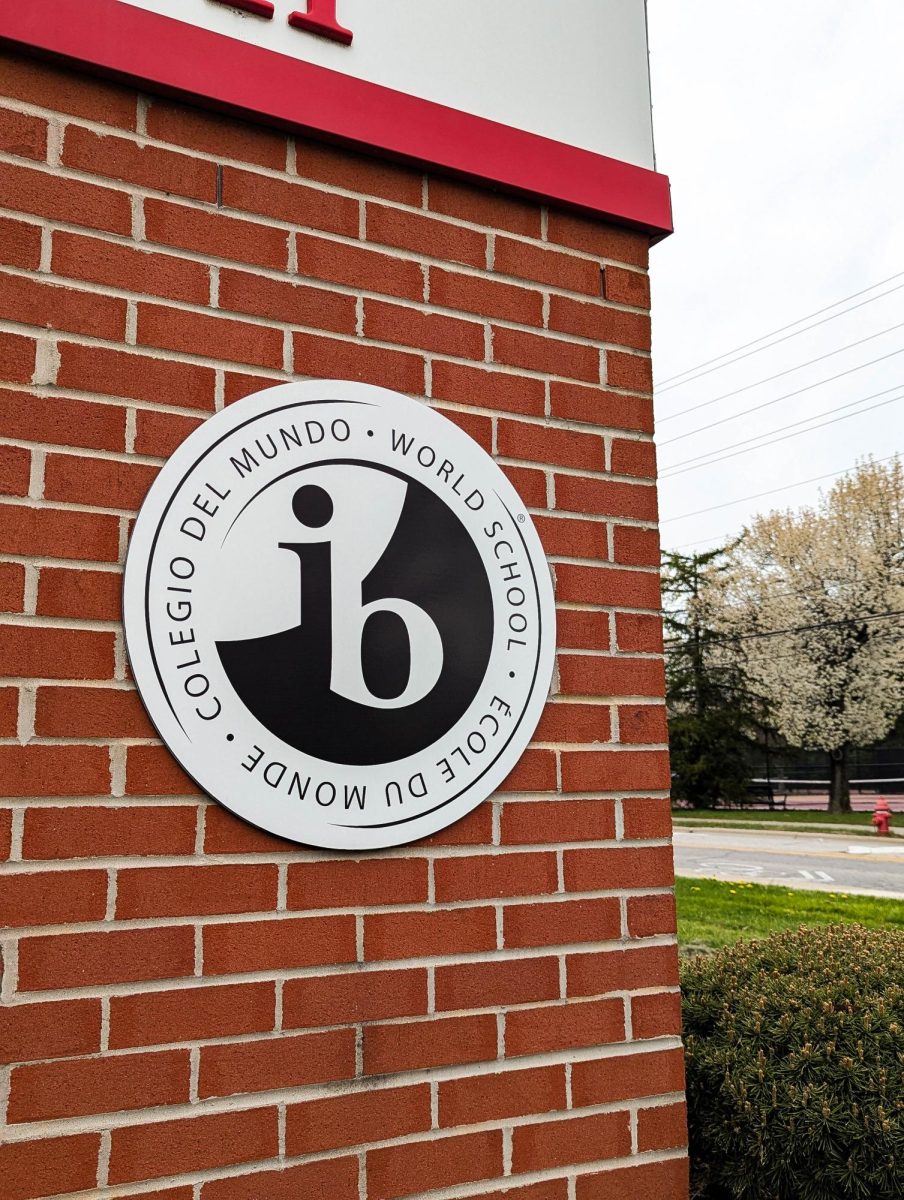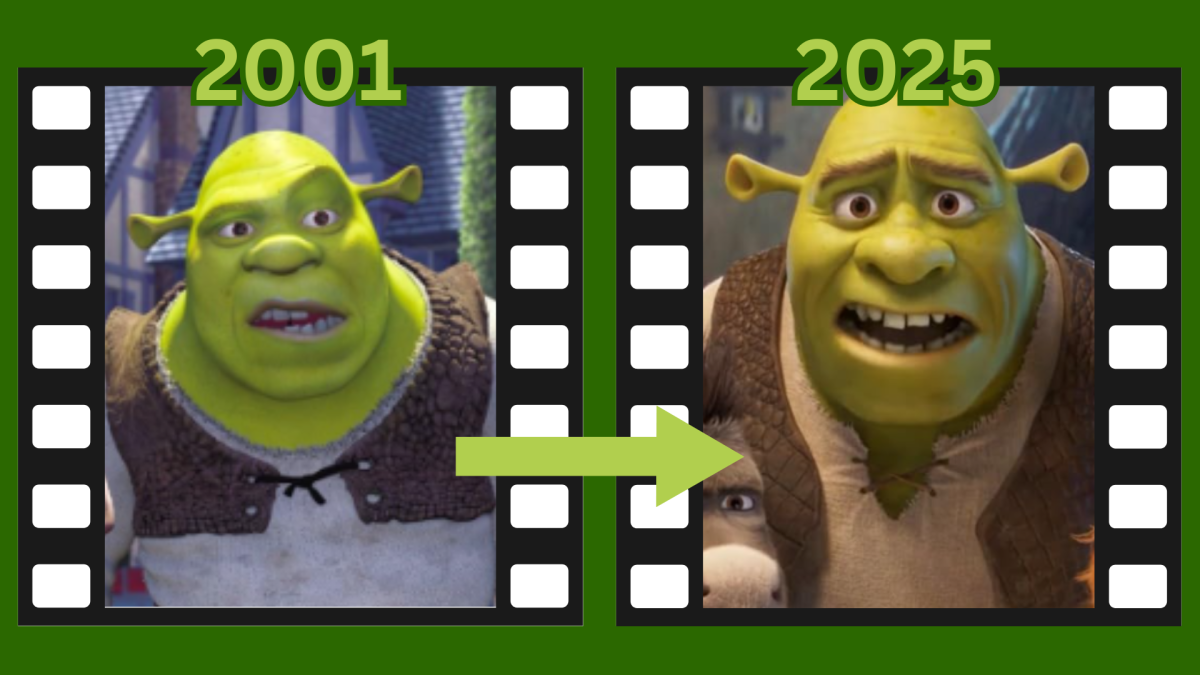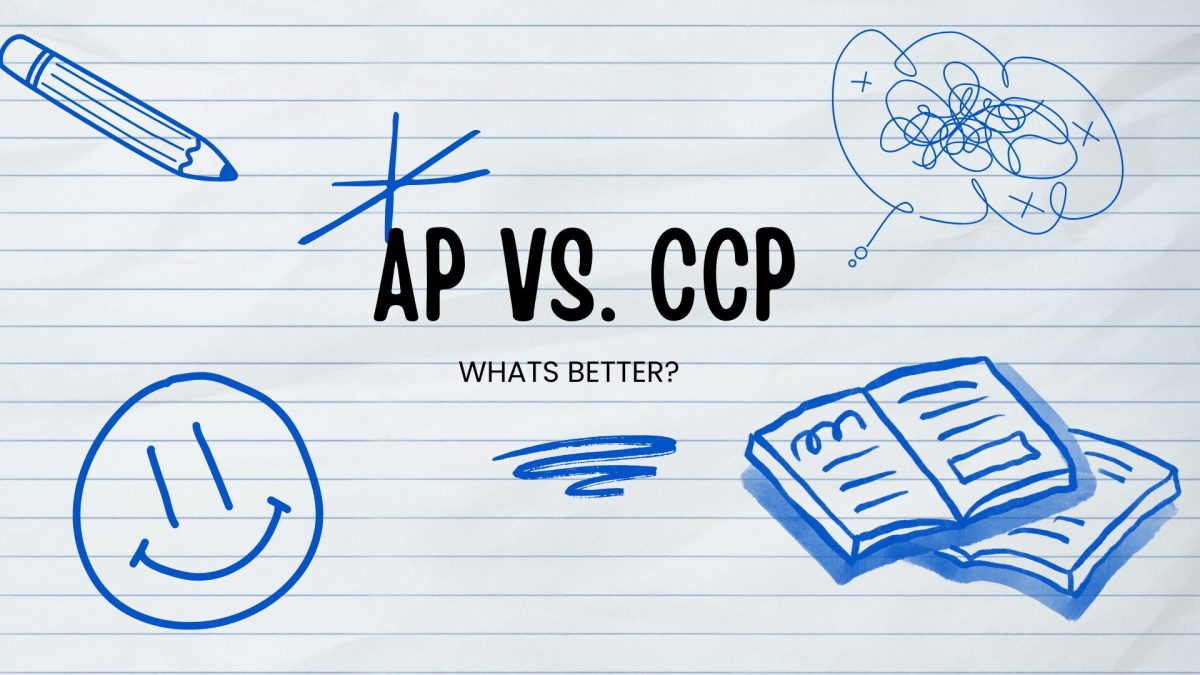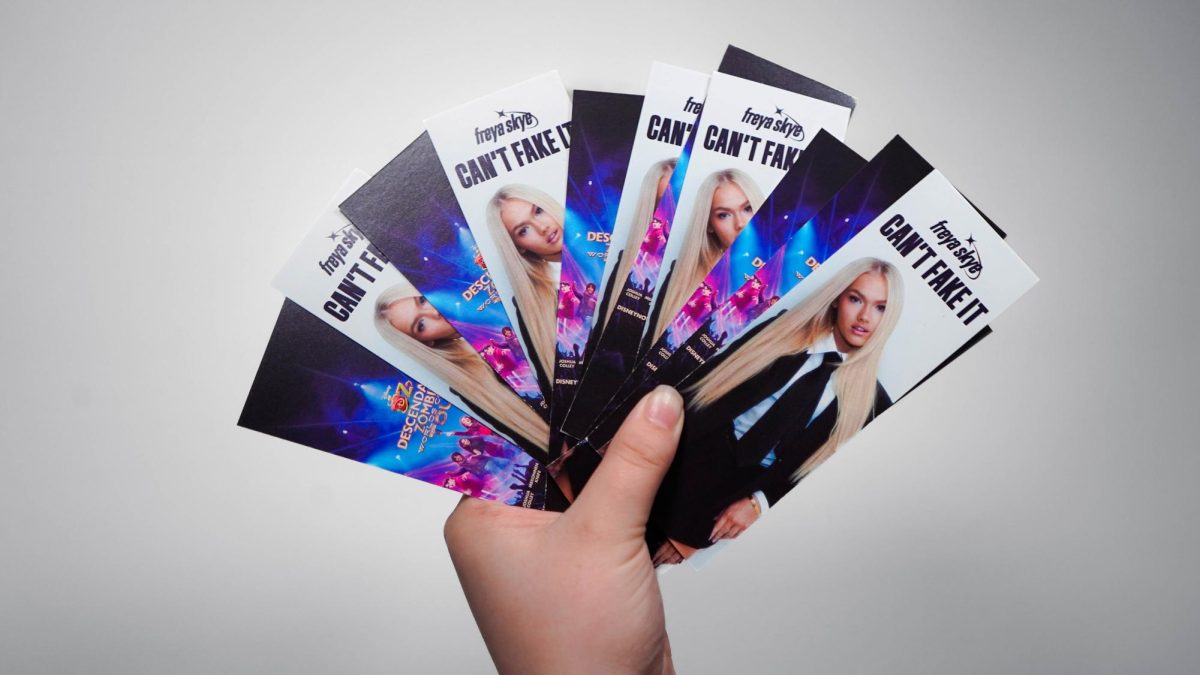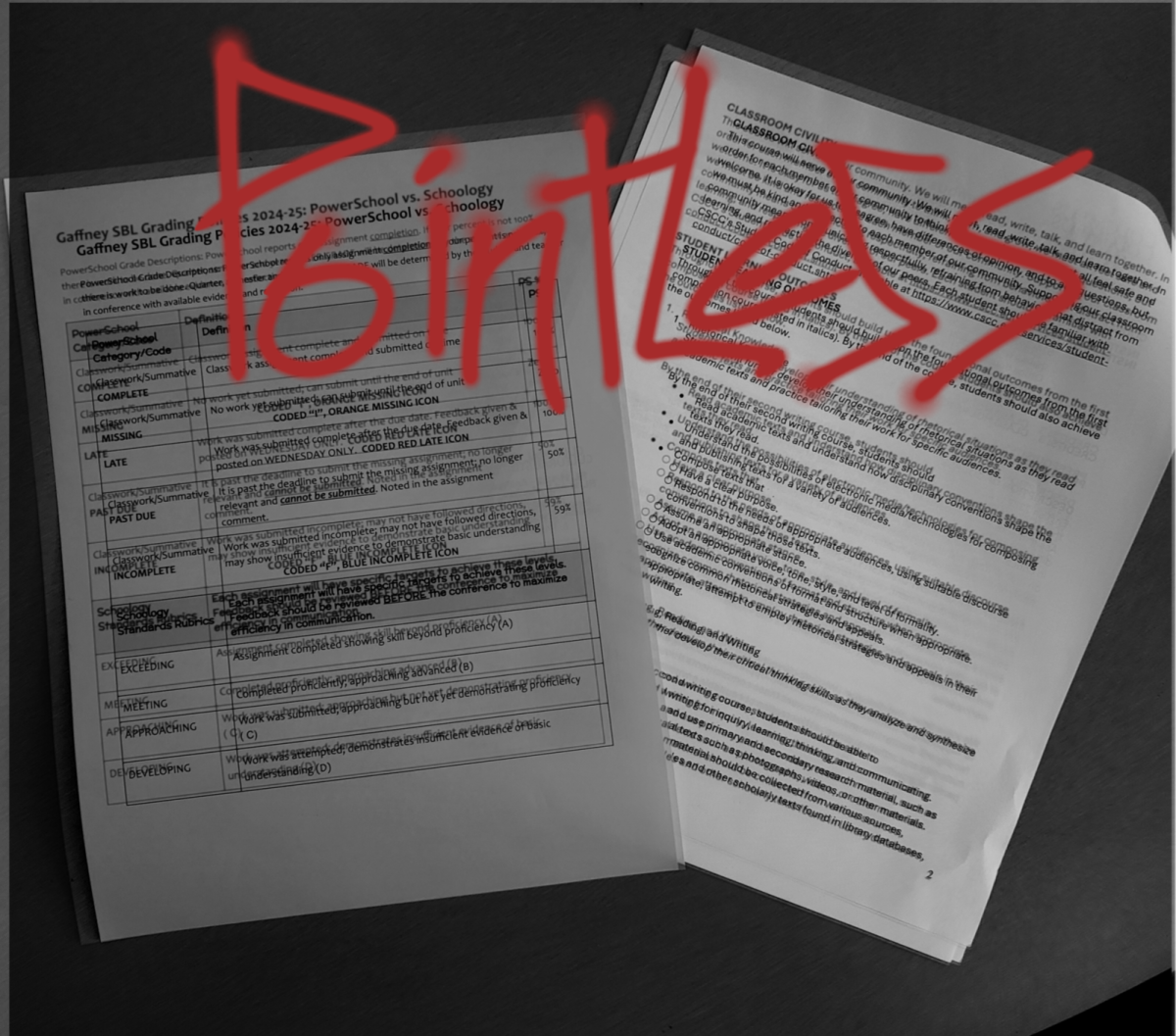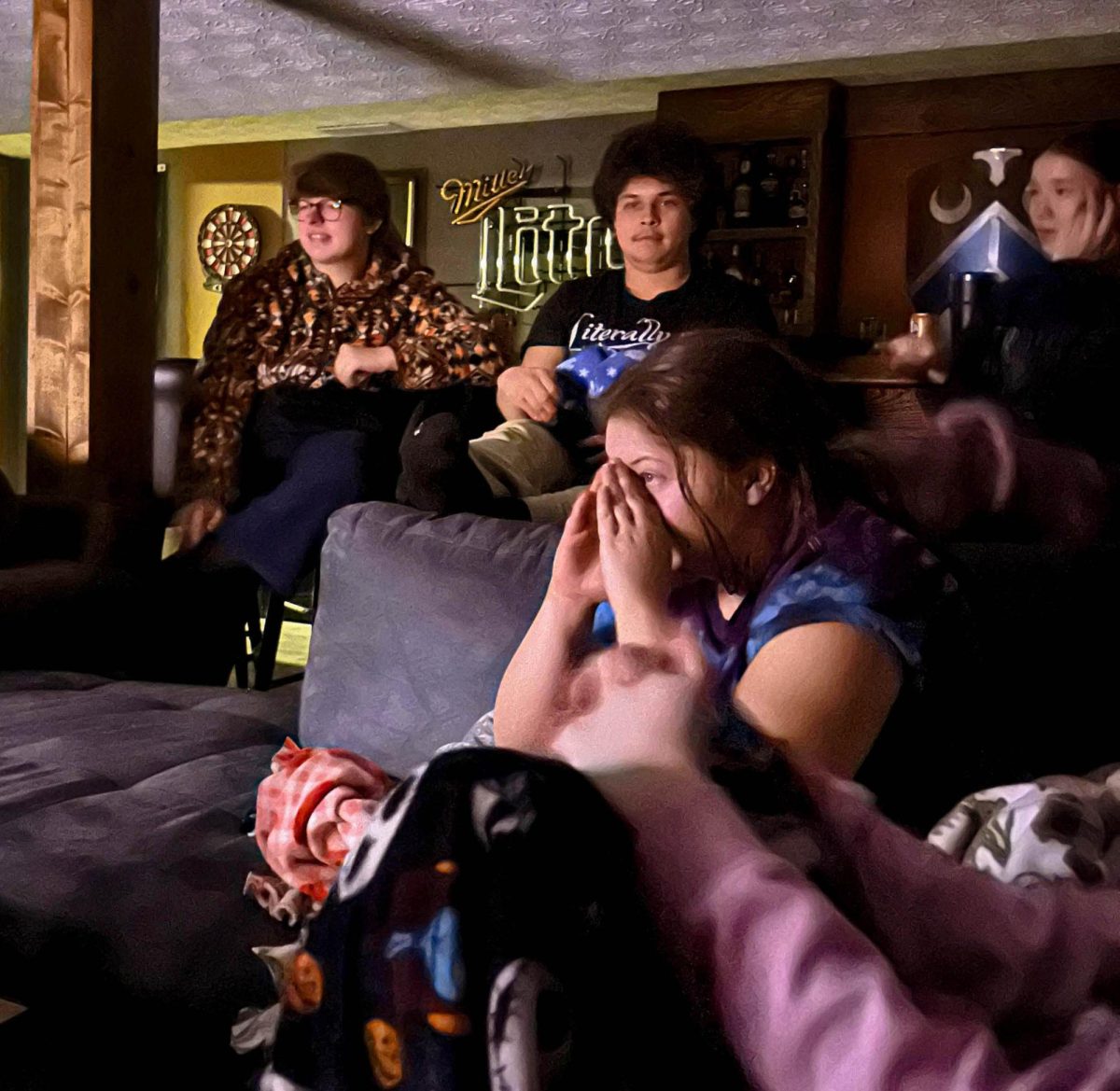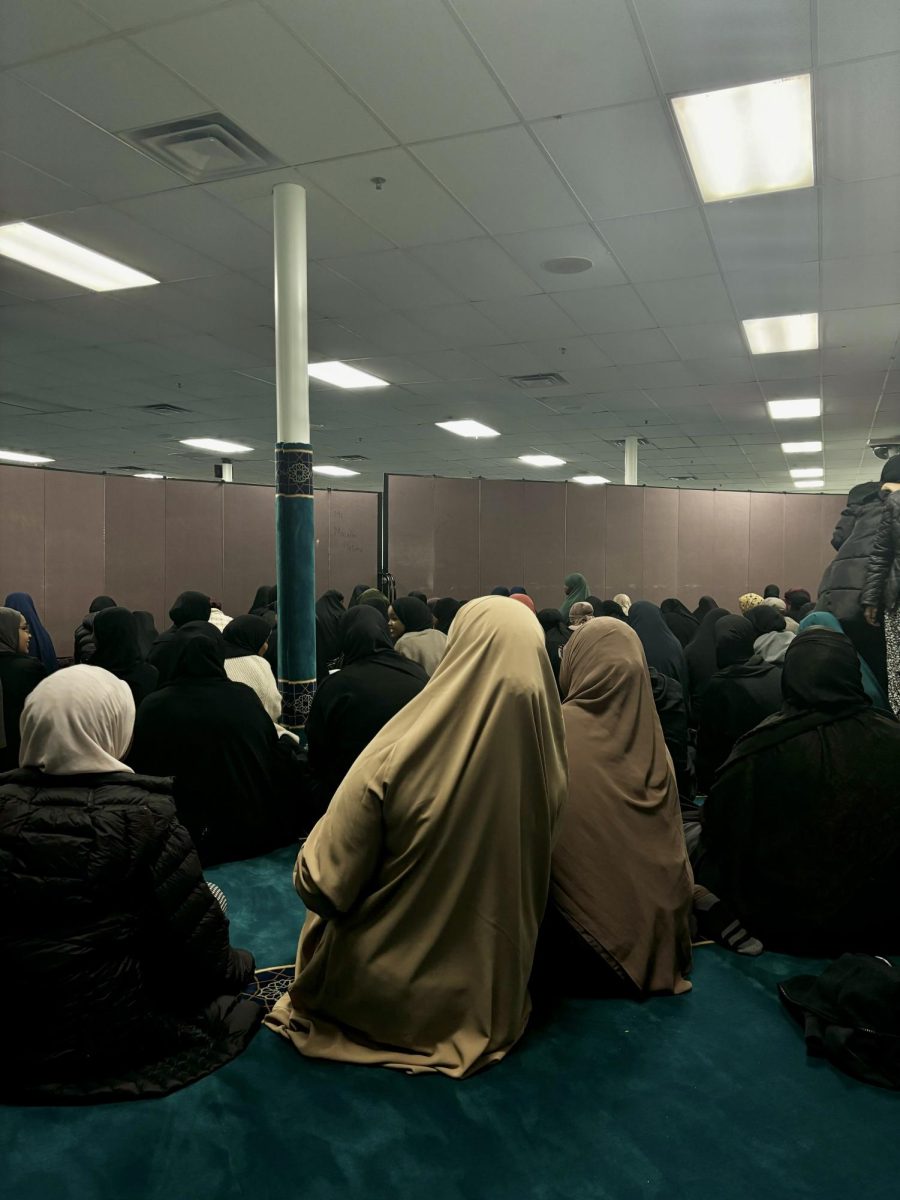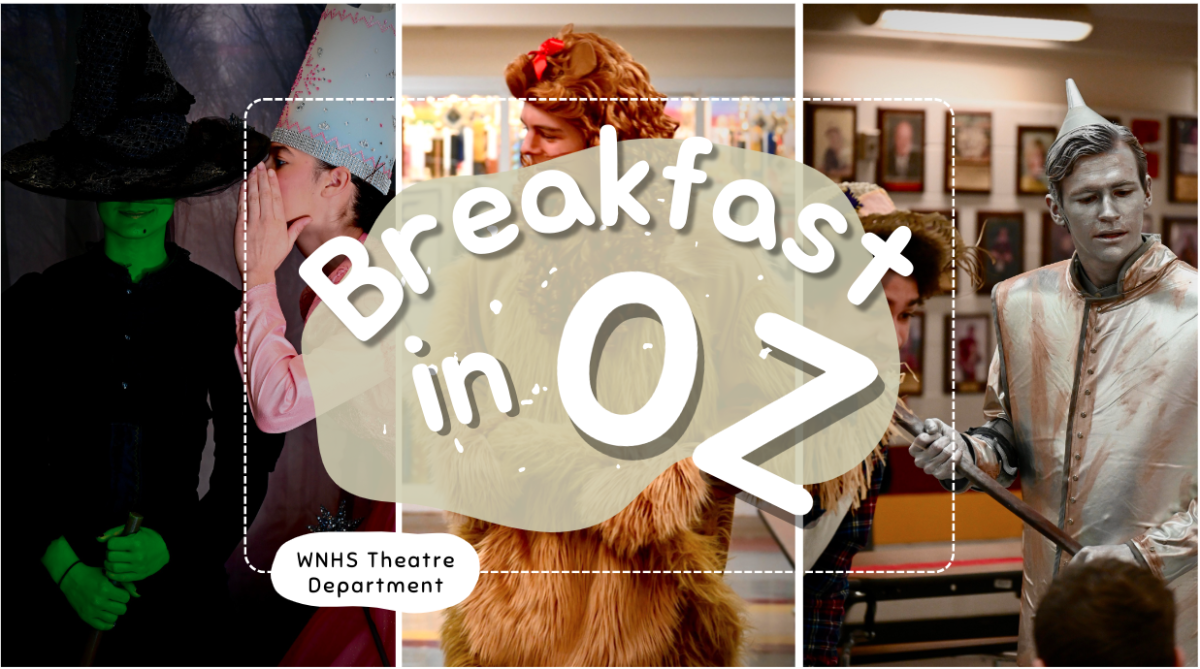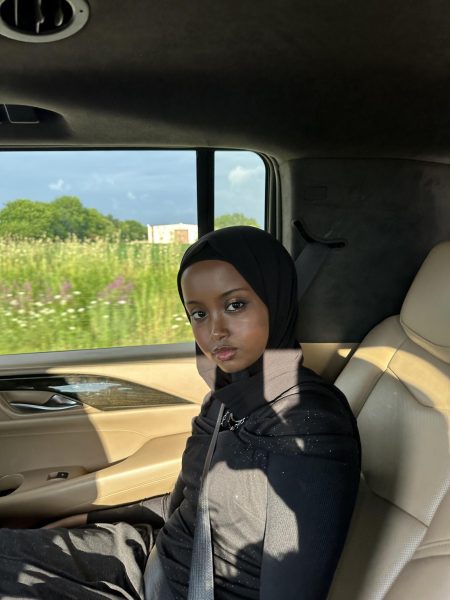Ramadan is a month celebrated by many Muslims all around the world. It is the ninth and most holiest month on the Islamic calendar as it was when the Quran was revealed to the Prophet Muhammed. The Islamic calendar is based on the lunar cycle so it begins and ends with the new moon. During this month, Muslims observe the act of fasting.
According to Brandeis University, ”Muslims observe a strict fast from dawn until sunset. They are not allowed to eat or drink (even water) during daylight hours. Fasting is a private act of worship bringing about nearness to God, as well as a form of spiritual discipline and a means to empathize with those less fortunate.”
Before starting the day of fasting they wake up and eat a meal called “Suhoor”, a meal consumed in the early hours of the morning before sunrise. Then they break their fast with a feast at sundown with friends and family called “Iftar.”
Umu Khayr Ibrahim (2026) is having a much harder time balancing school with school now coinciding with Ramadan, “I don’t have time to do my homework,” Ibrahim said. As she wakes up earlier for suhoor and goes to sleep late after praying.
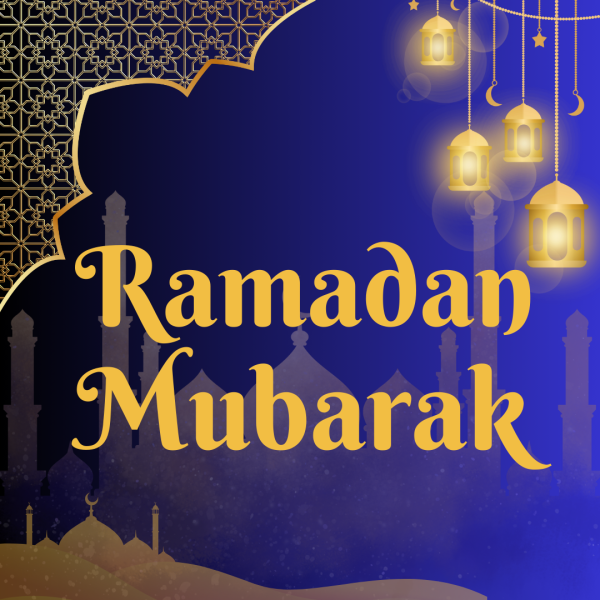
While fasting is a big part of Ramadan, not everybody can. In Islam, people who don’t have to fast are those who are pregnant or breastfeeding, prepubertal, menstruating, traveling, elderly, mentally disabled and have a sickness or chronic illness that would worsen with fasting.
Besides fasting, Muslims use this month as a month of betterment. Muslims pray their daily five prayers as well as a nightly prayer called “Tarawih”, recite and learn the Quran, and try to give more charity to the poor. It is a period of trying to slow down, break bad habits and reflect on life. After Ramadan ends there is a big three-day celebration called Eid Al-Fitr, which starts with the sighting of the new moon.
During Eid Al-Fitr, Muslims celebrate by gathering with friends and family. Eid salah (prayer) happens on the morning of Eid Al-Fitr day, at a local mosque alongside the whole community. It is common to receive gifts or money from family members on this day.
Ramadan opens up the opportunity for muslims to talk more frequently with family, listen and grow spiritually. “[This Ramadan], I look forward to connecting with my family and making some new memories,” Ibrahim said.


